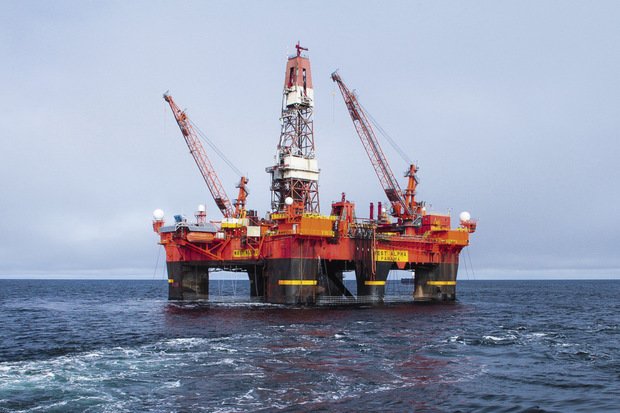Facts you probably didn’t know about oil
Did you know that people once used oil to frighten off war elephants and to cure gout and diphtheria? Or that it was Dmitry Mendeleyev who first proposed crude pipeline transportation? Oilprice.com offers a list of interesting facts about oil designed to broaden readers' knowledge of the oil industry.
Long before being recognised as a fuel, probably in 5-6th millennium BC, oil (actually, an oil derivative, bitumen) had been used for caulking houses and later ships. It was also used to cure gout, diphtheria and even camels' mange. Tamerlane and Nader Shah sent camels loaded with petroleum casks to frighten off Indian war elephants by the sight of fire.
It's interesting that in most European languages, the word for crude oil is either a derivative of Persian ''naphtha'', like in Russian, or Greek ''petroleum'' (meaning rock oil). Moreover, even the Chinese named petroleum ''shi you'' (''rock oil'') in the 5th century BC.
Drilling was first invented by the Chinese, presumably during the 2nd millennium BC, while Europe learned the Chinese know-how thanks to Catholic missionary Father Imbert. In 1828, he described salt drilling methods that later developed to oil drilling as we know it now. As for oil transportation methods, in medieval times, crude was transported in sealskin or sheepskin bags. Later, it was Dmitry Mendeleyev who first proposed to use pipeline transportation. He believed that it was much more effective to transport oil to main centres of consumption, refine and use it there than to burn it in the vicinity of producing fields. By the way, oil is transported through pipelines at an average speed of about 5-10 km per hour.

Russia has set several petroleum-related records: the world's largest oil and gas companies are Russian Rosneft and Gazprom respectively. The northernmost oil field worldwide is also Russian, it's an offshore field named Pobeda (N74'44''). The world's longest well drilled in November 2017 on Sakhalin has a depth of 15,000 metres.
The cost of gasoline is strikingly different across the world. At the end of February, Iceland had the highest gasoline prices in the world, although a litre of gasoline still cost less than a bottle of water. For comparison, in Venezuela, you can buy 30-35 litres of gasoline at a cost of a small beer can. Kuwait's economy is the most dependent on the oil industry, as 55% of the country's GDP comes from oil. At the same time, in Iraq, oil amounts to 99% of national export. The highest annual oil price was fixed in 2012 when Brent reached $111,63 per barrel (at the moment, the price is around $65 per barrel).
Despite the increasing feminisation of different industries, oil production remains a man's business. Only two ladies have ruled a national oil company so far – ex-CEO of Brasilian Petrobras Graça Foster and former Chairwoman of Sonangol Isabel dos Santos. As the latter was appointed by her father, Angola's former President José Eduardo dos Santos, Graça Foster remains the only ''merit-based'' female CEO of a major oil company.